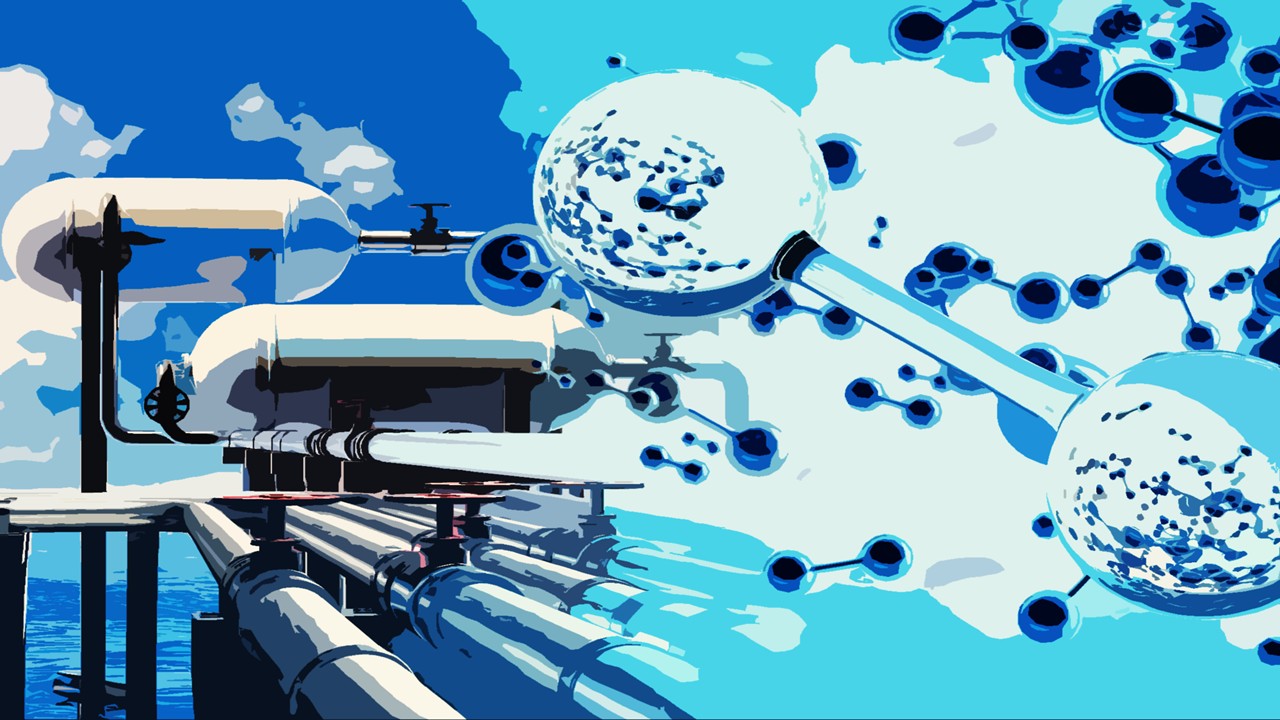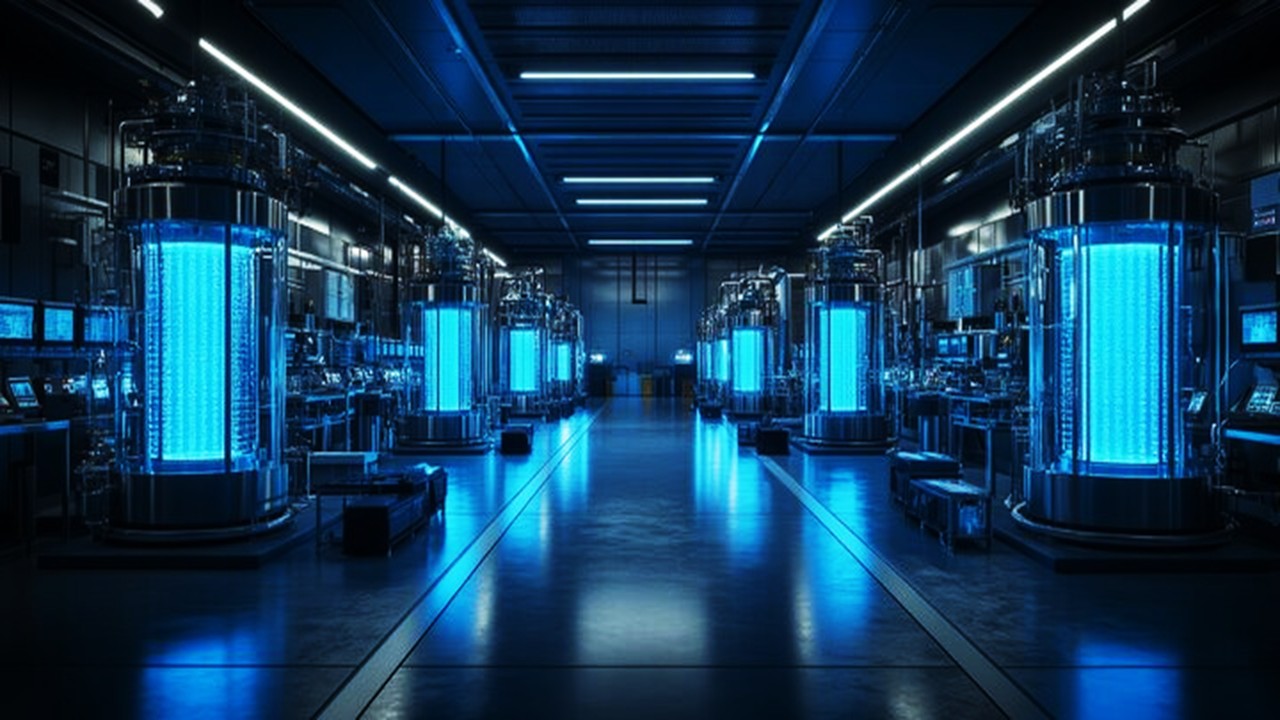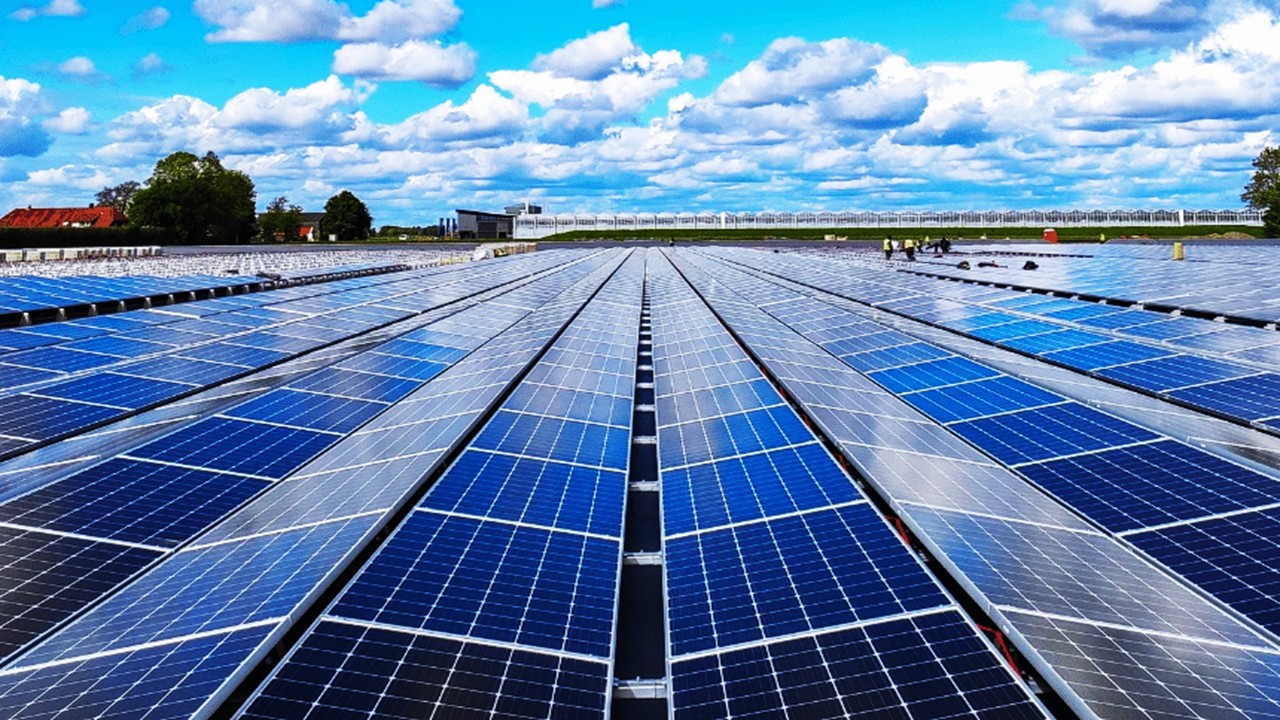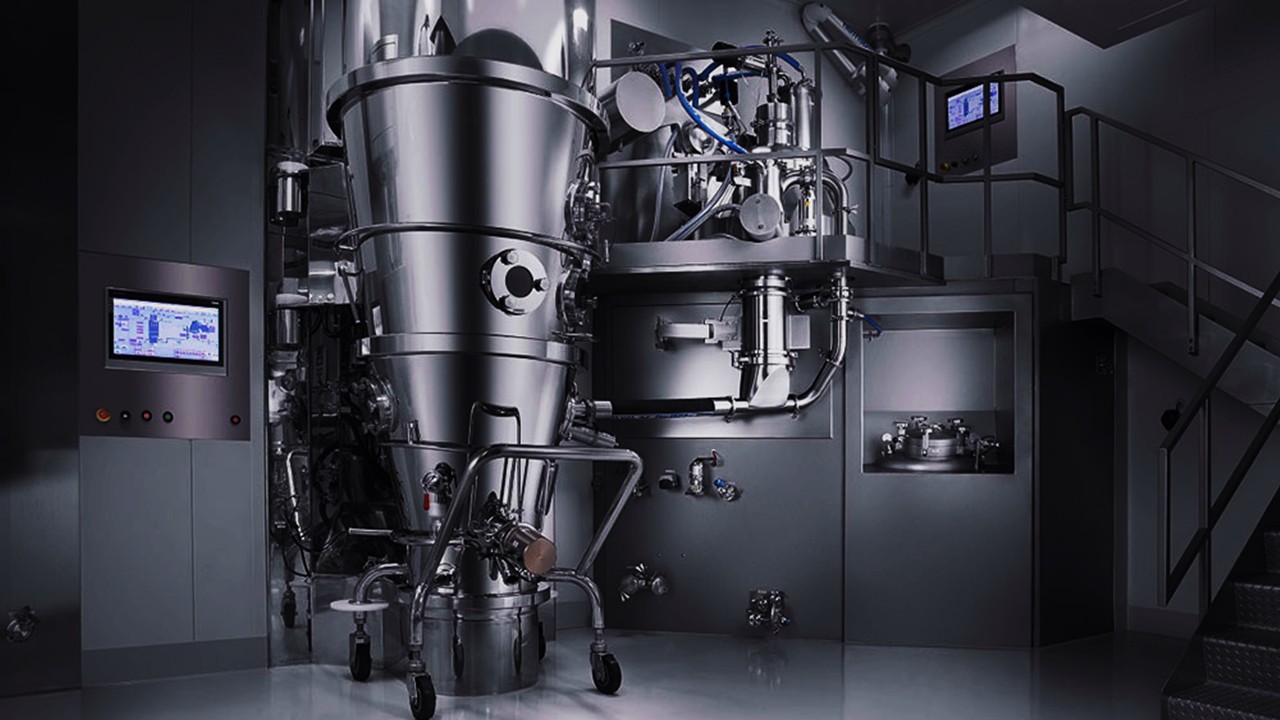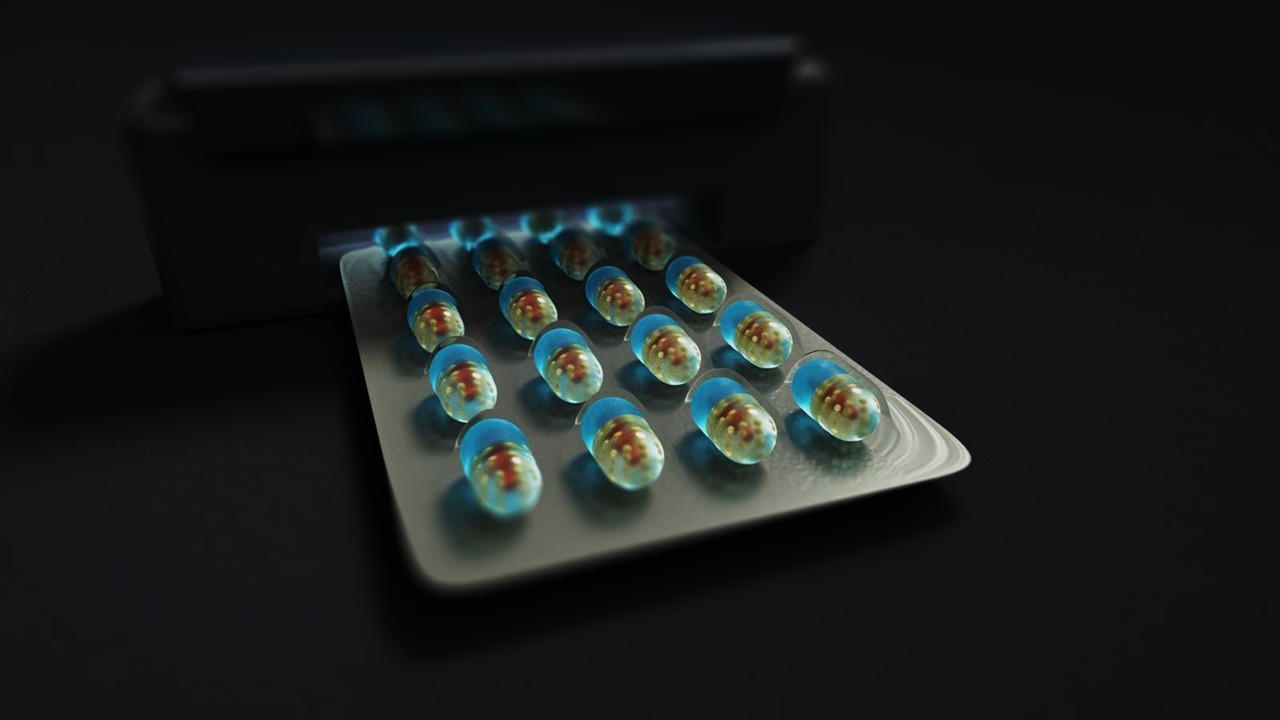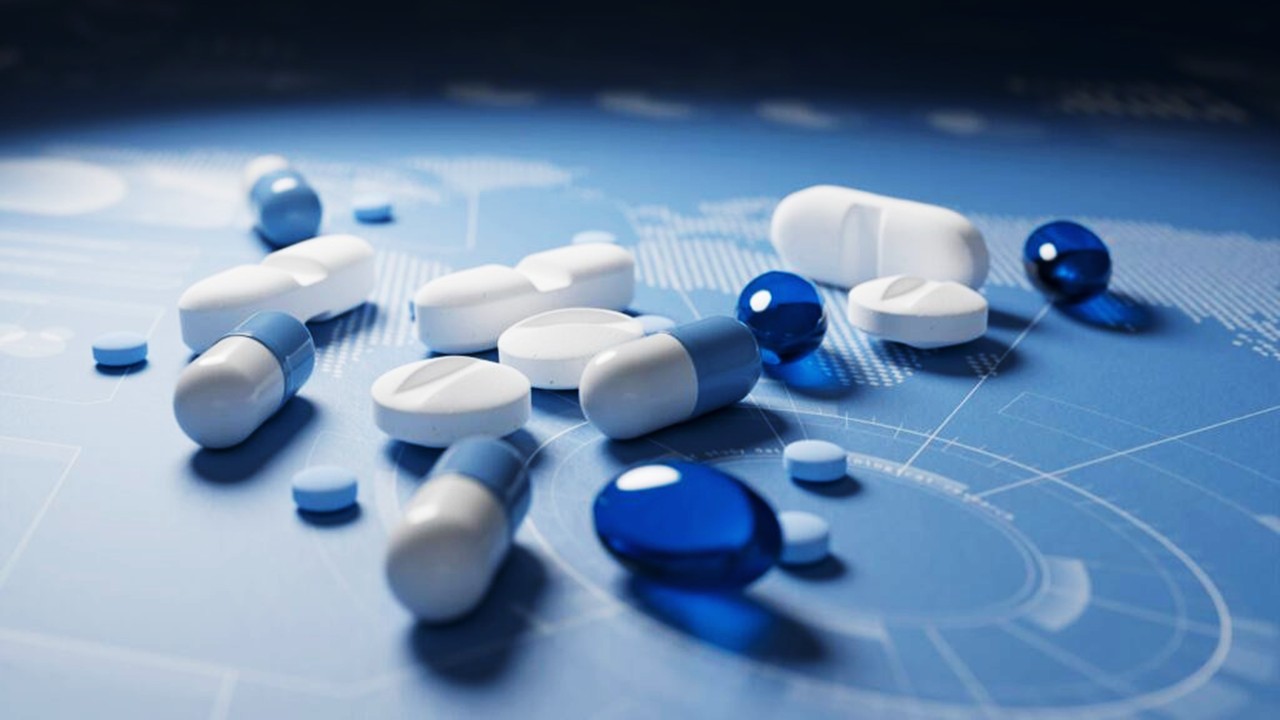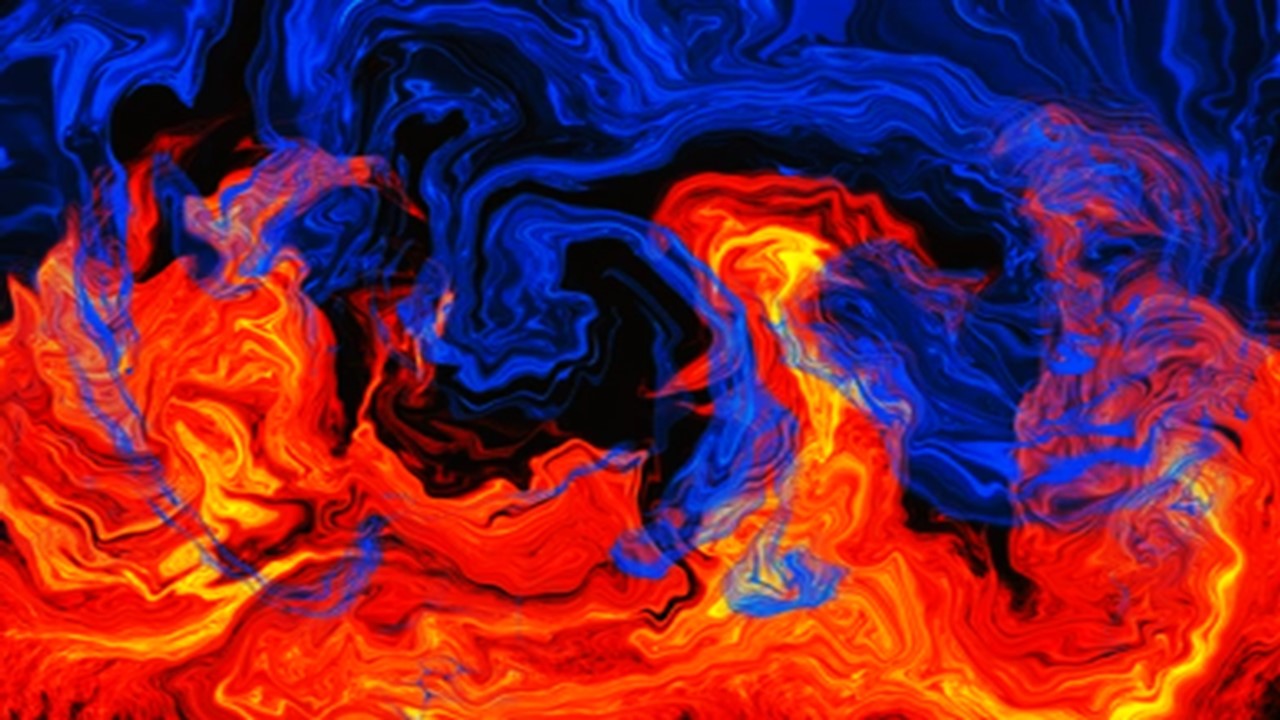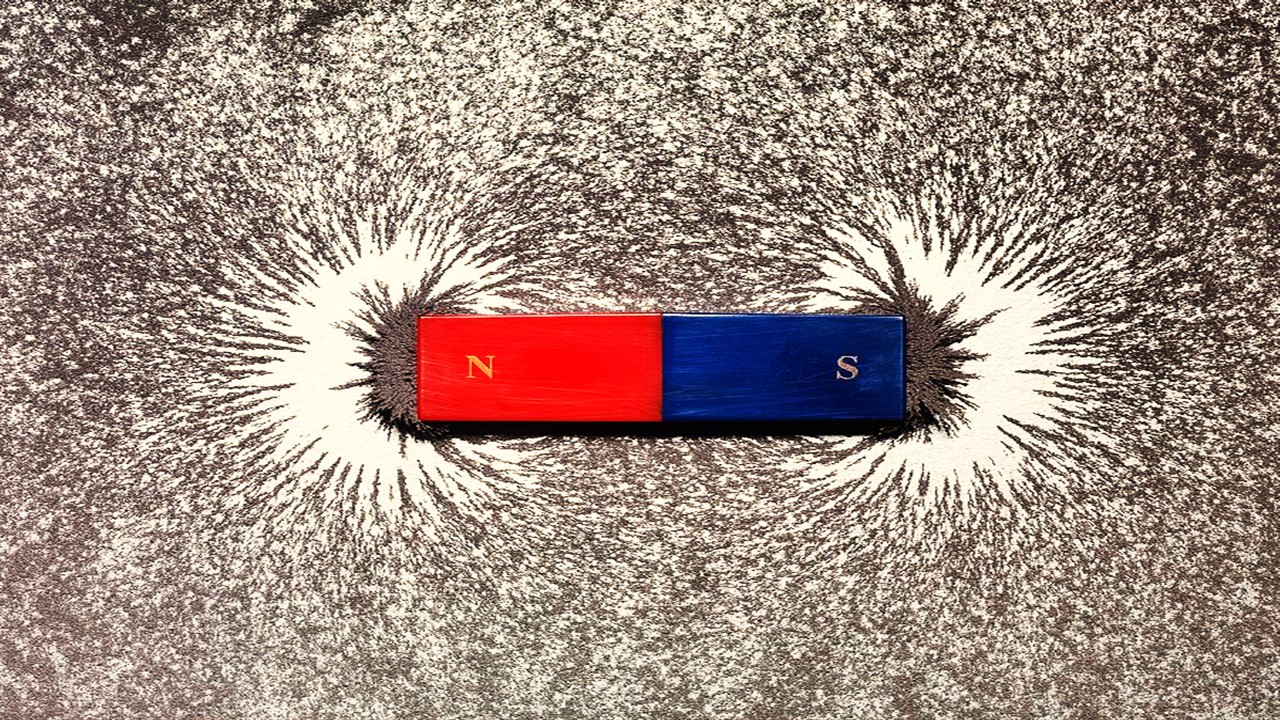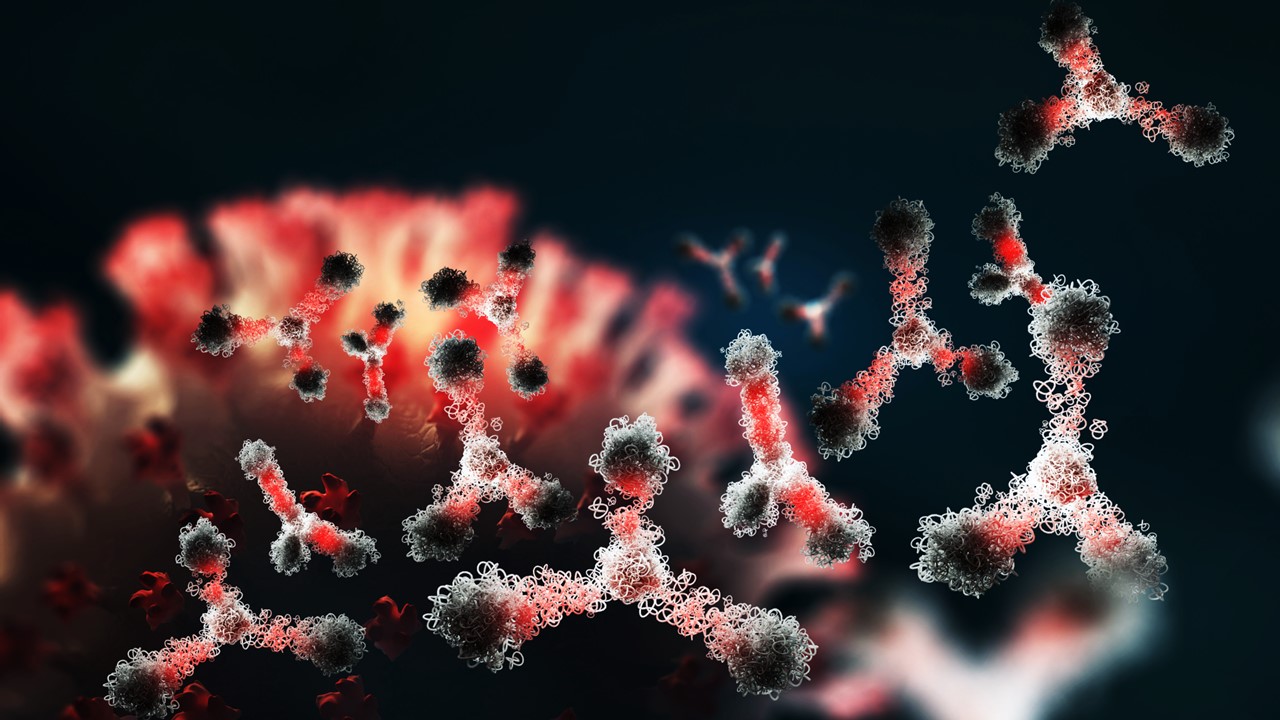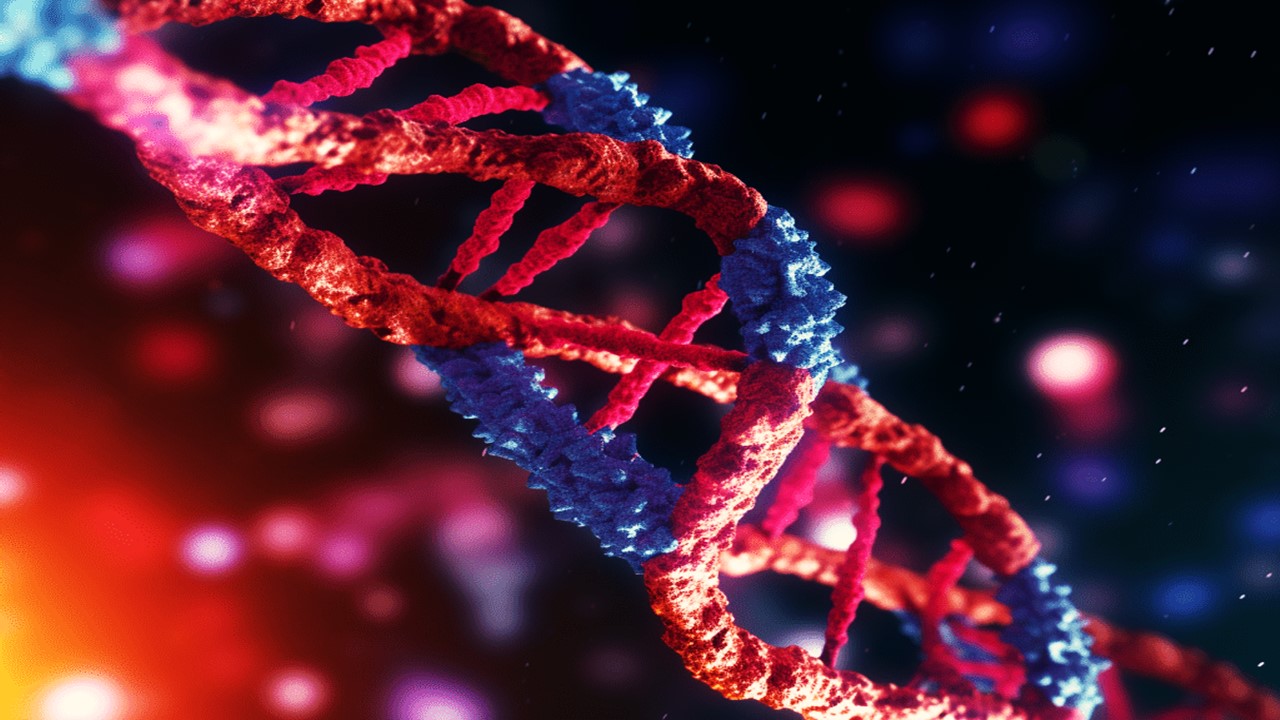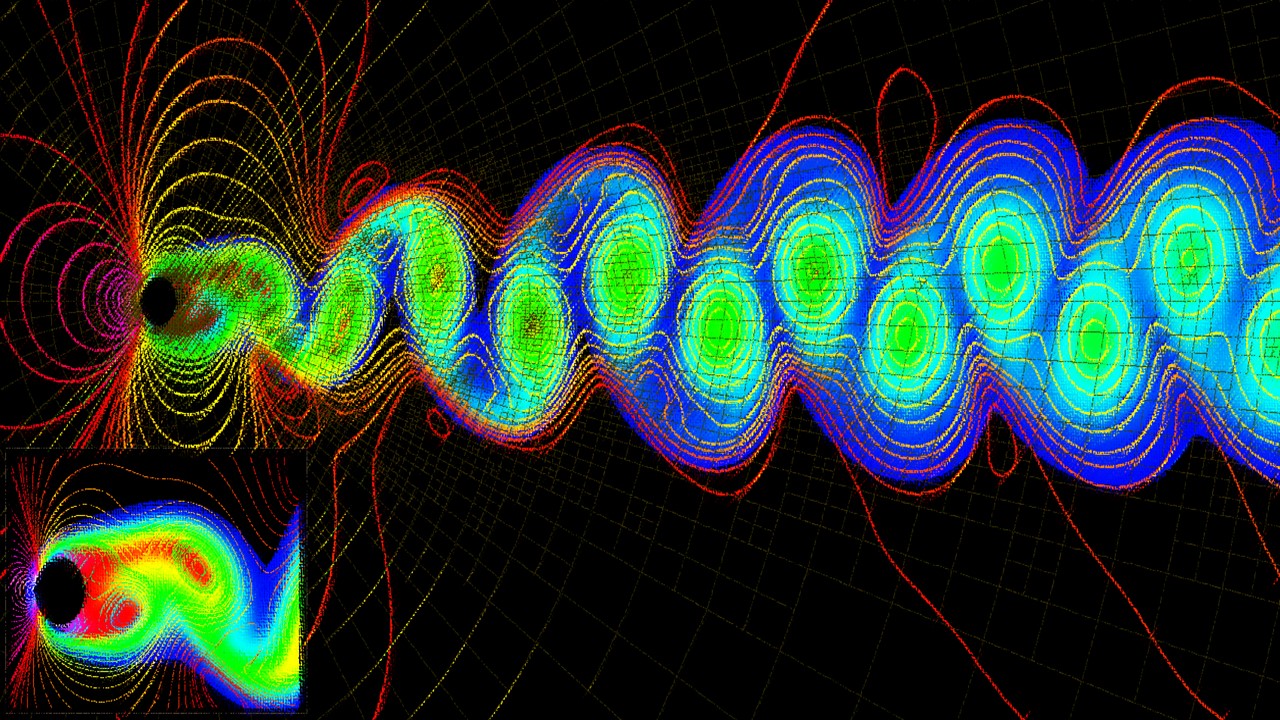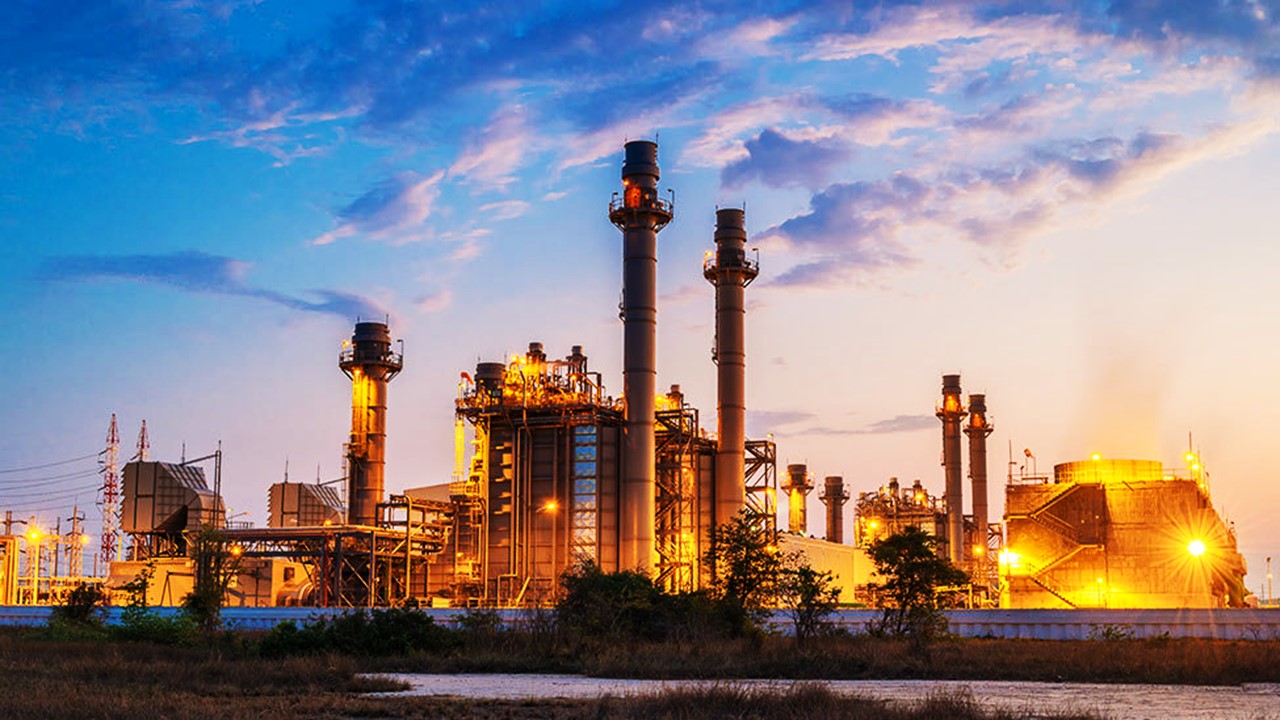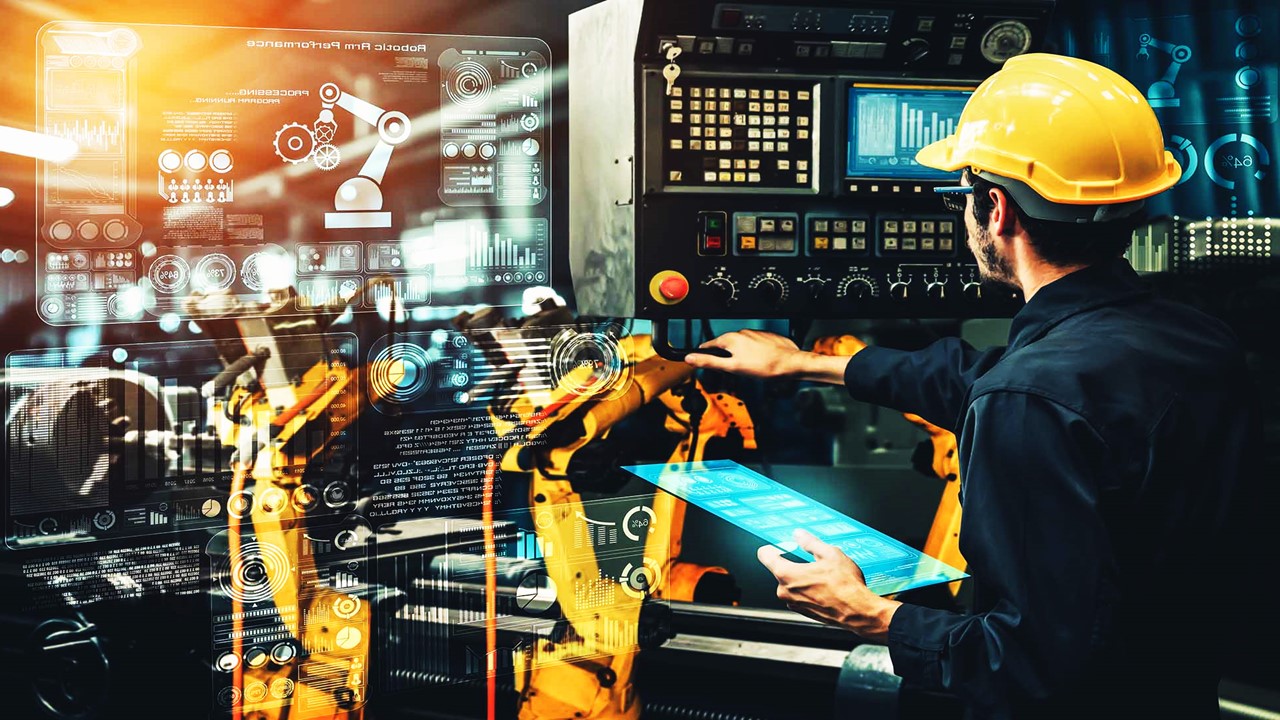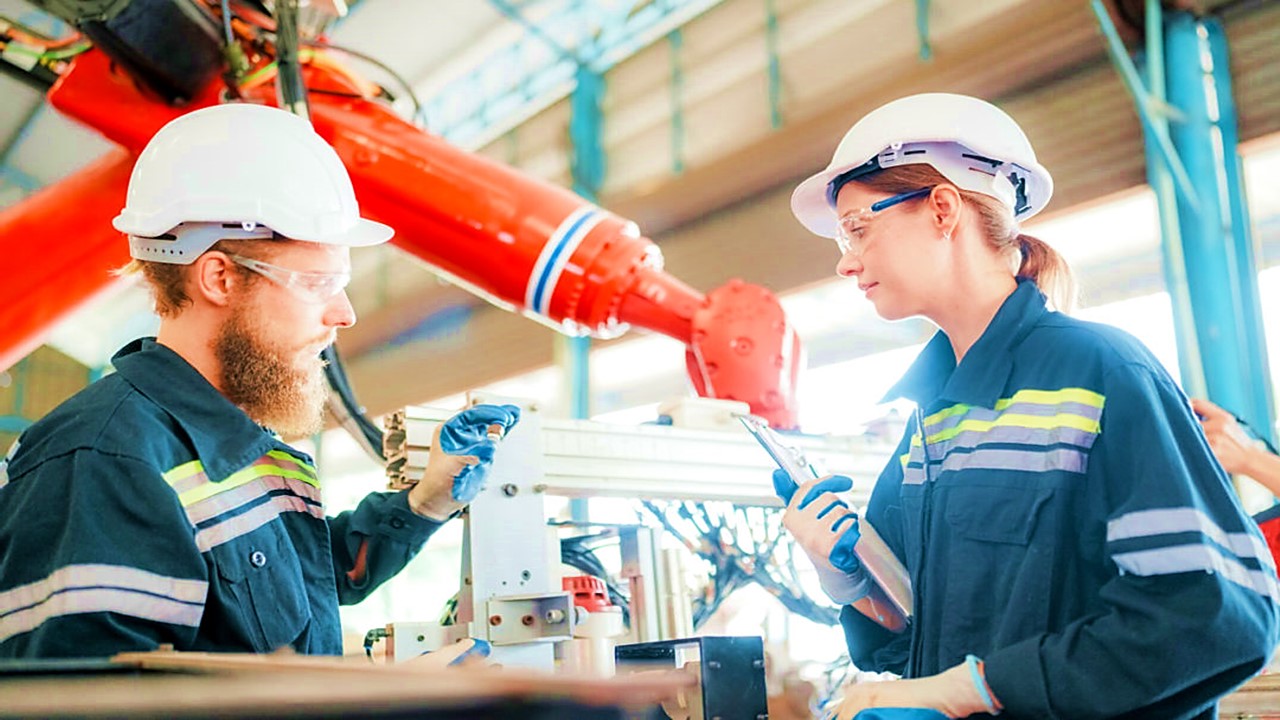Chemistry, Manufacturing & Controls
Chemical Gale: How Wind Energy is Reshaping Industrial Manufacturing
The integration of wind energy into chemical manufacturing constitutes a fundamental reimagining of process chemistry.
Cold Chemistry: Reinventing Pharmaceutical Reactors for an Energy-Efficient Future
The future of pharmaceutical manufacturing isn’t just cooler—it’s fundamentally colder.
Granules in Flux: Redefining Drug Manufacturing through QbD and NIR Precision
Fluidized bed granulation is a pharmaceutical process that uses controlled airflow and spray to form drug granules, now enhanced by Quality by Design and real-time NIR monitoring for better precision and efficiency.
Molecules on Demand: How Energy-Efficient 3D Printing is Reinventing Drug Delivery
The rise of energy-efficient pharmaceutical additive manufacturing signals more than a new production modality—it marks the dawn of a molecular design culture in medicine.
Magnetic Nanoengineering: Overcoming Biological Variability and Enhancing Therapeutic Precision
The future of nanomedicine lies in harmonizing precision, accessibility, and ecological responsibility, ushering in an era where therapies are tailored to individual biological landscapes.
Fluid Dynamics Meets Pharma: Simulating the Future of Drug Synthesis
By modeling heat transfer, species concentration, and fluid behavior in silico, researchers can identify optimal conditions with reduced reliance on costly trial-and-error experimentation.
From Biomass to Medicine: The Biotechnological Transformation of Pharmaceutical Synthesis
Emerging biorefinery models offer a paradigm shift by repurposing agricultural and forestry waste into API precursors.
The AI Revolution in Industrial Chemistry: Transforming Design, Synthesis, and Process Optimization for Industry 4.0
Artificial intelligence drives advances in chemical design, synthesis, and process optimization.
Harnessing Carbon: The New Frontier in Synthetic Chemistry
The chemical industry sits at a crossroads: it is both a major contributor to global CO₂ emissions and a potential solution to the carbon crisis.
